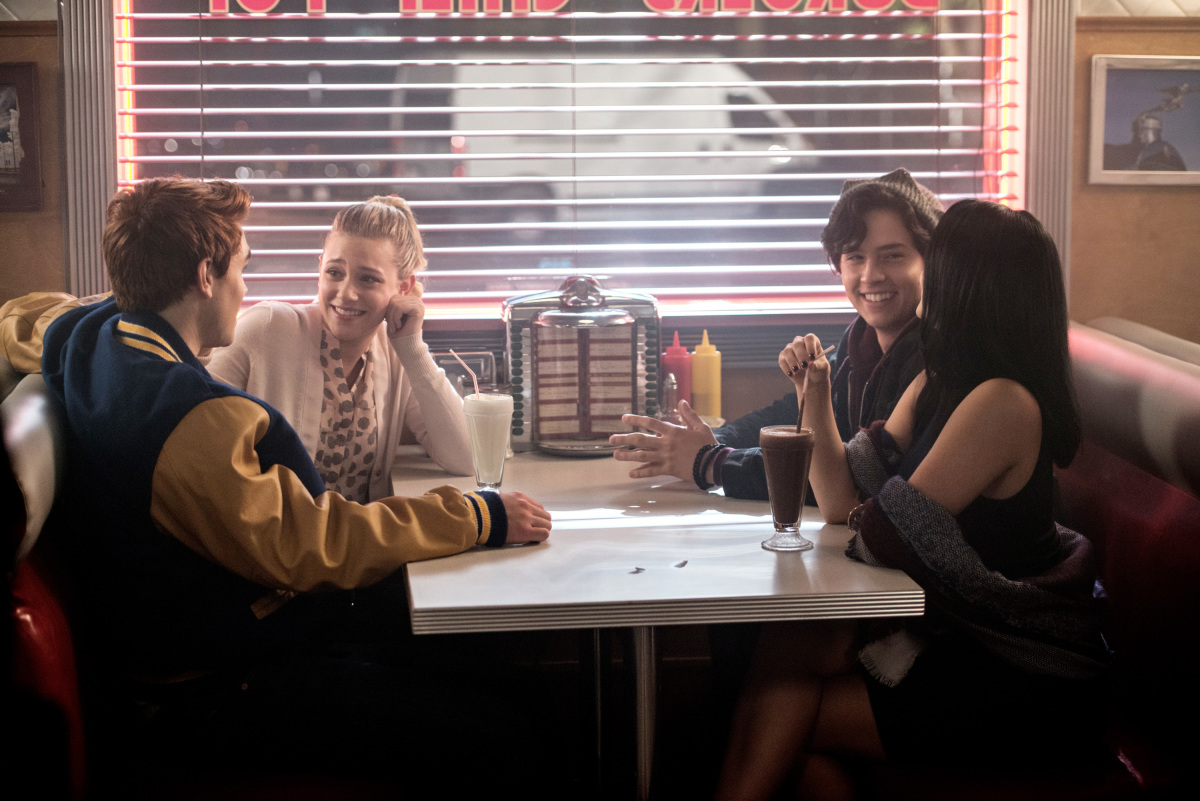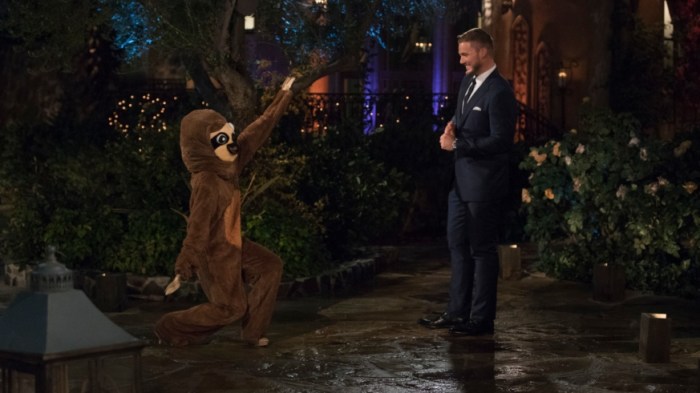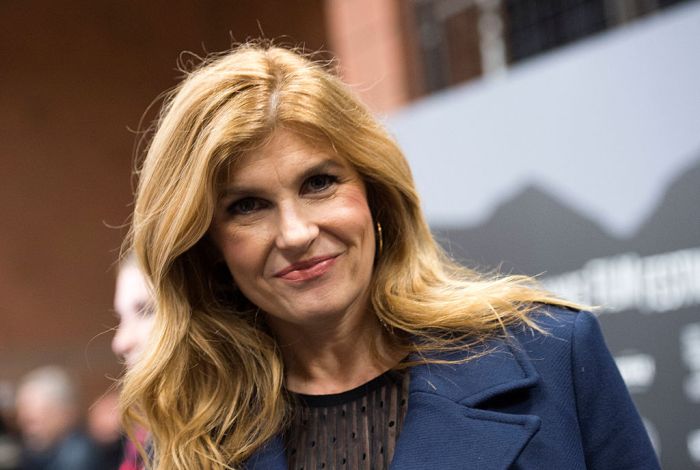Your beloved “Archie” comics are about to get some edge. “Riverdale” is a subversive reimagining of the Archie Comics universe, and it’s coming to The CW on Jan. 26. Showrunner Roberto Aguirre-Sacasa’s rendition has elements of “Twin Peaks” and “Teen Wolf,” kicking the story off with a crime that hits Archie close to home — the mysterious death of high school golden boy Jason Blossom. After Blossom’s death, Archie begins questioning what’s important to him and his future. He struggles to piece together answers as fractured relationships and secrets muddle him and his friends. “Riverdale” may look like a sleepy town, but there are dangers in the shadows. “Riverdale” isn’t just another teen drama — it’s another push for inclusion and progression in television for a generation that’s fighting for diverse representation.
The show arrives despite a controversial history between Aguirre-Sacasa and Archie Comics. The offbeat 44-year-old playwright is entering his third year as chief creative officer of Archie Comics. However, the drama dates back to 2003, when his play “Archie’s Weird Fantasy” was issued a cease and desist letter by the company. The play staged Archie coming out as gay, and Aguirre-Sacasa faced litigation if the performance carried on. He changed the title and renamed the characters, but that wasn’t the end of his fight against the pushback. Well-known for his work on television work with “Glee” and “Looking,” Aguirre-Sacasa has been rallying for LGBT narratives in television, theater and comics throughout his entire career. Why break down Archie’s universe and rebuild it into something different from its 1941 debut? The landscape of America serves as the backdrop for Archie, and that landscape has changed significantly. “Riverdale” is adapting, and its evolution of Archie is the faithful representation that this generation of television desperately needs. And remember, The CW has been breaking historic ground since 2001. Willow and Tara’s lesbian kiss in “Buffy the Vampire Slayer,” for example, was the first of its sort on broadcast television. More recently, “Arrow,” the popular crime series based on DC’s “Green Arrow” comics, incarnated Black Canary as a bisexual superheroine — a huge departure from the original 1947 manifestation. “Supergirl,” DC’s action drama adaptation of the titular comic superheroine, does an excellent job of representing strong female protagonists. The show even cast black actor Mehcad Brooks (“Desperate Housewives”) as James Olsen, a traditionally white character. Josie McCoy of “Riverdale” is black, and the promotional trailer depicts Betty and Veronica sharing a kiss, potentially suggesting sexual fluidity for both the characters. These adaptations are not arbitrary. The CW’s demographic is younger and diverse. That audience needs to see characters who are more accurate reflections of themselves. “Riverdale” debuts on The CW Jan. 26 at 9 p.m.
‘Riverdale’ envisions a more diverse Archie universe

Diyah Pera/The CW


















